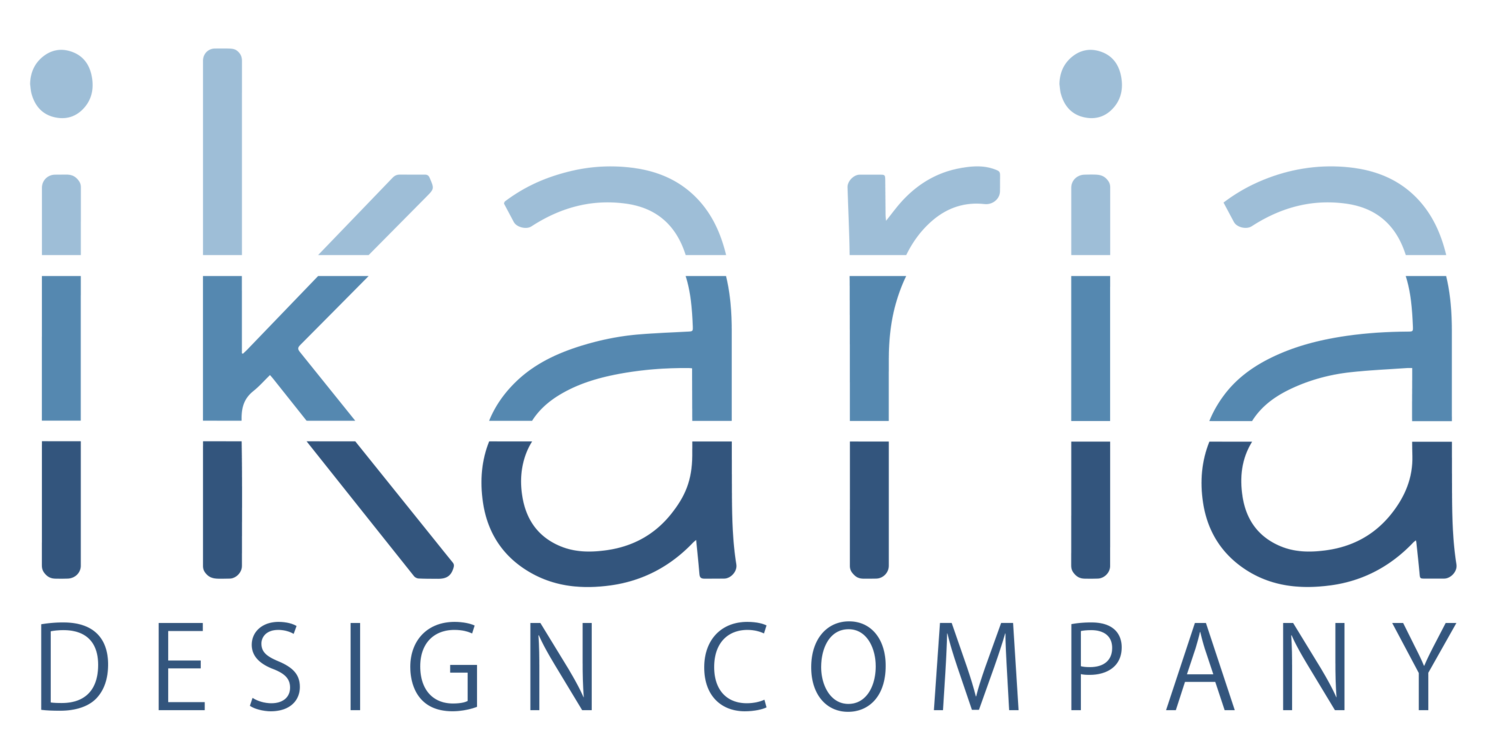Why We Don't Play The Enfeeblement Game
I first talked about this issue of enfeeblement in a blog post in which I ranted about reclining chairs with a tilt-you-out feature. If we spend enough time in these “easy” chairs, our core muscles become too weak to get us out. A motorized tilter has been designed into the recliner to keep customers from being trapped in their product.
Imagine you’re taking a selfie on a bridge (last day of a trip) when inexplicably, you drop your cellphone over the edge. As you watch it fall and plop into the water below, you realize the family was waiting for your call, so they could head to the airport to pick you up. There are plenty of people around with cellphones to borrow, but could you remember the phone numbers you needed to call?
There are quite a few phone numbers that I never trust to speed dial. I want them readily available, I’m sure you can make up your own scenario. What are the phone numbers that you would need in an emergency? Those are numbers you want to protect from enfeeblement.
Many of our fabulous modern tools come with the unintended consequence of enfeebling us. This is also why I have slept on the floor for the past ten years. In my early fifties, I started to notice how my conventional mattress was gradually but inexorably enfeebling me. Now I spend half the time I used to maintaining my flexibility.
Every new piece of technology we incorporate into our lives should be interrogated for its capacity to enfeeble us. We all need to be on guard for the ways in which AI will enfeeble us, and hold close those skills we don’t want to go flabby.
At Ikaria Design, we’re proud to say that when you purchase a Soul Seat, you don’t have to examine the ways it might rob you of capacity. This is because we designed challenge and strength-building right into the product (even more so for our Flow Desks). One of my favorite stories to tell from early days (2009) was when I was placing prototypes with Physical Therapists, an Orthopaedic Surgeon, and a Pilates teacher. When I called the Pilates teacher after three days to see if she had any questions, she said, “I don’t know Pack, I’ve got some sore muscles in my core I haven’t felt before.” I was delighted that our design was helping a Pilates teacher develop strength that even her “reformer” hadn’t addressed.
We live in a college town, and I’ve already heard anecdotal stories from math professors that their students perform well on homework assignments, but when it comes time for the tests, where they don’t have access to AI, their performance drops significantly. Click here to watch my story of becoming enfeebled by algorithms as early as the 1990’s. It ends well.
Our colleague in the movement space, Katy Bowman encourages her clients to introduce more movement and more hefting of heavy objects into their lives to counteract the enfeebling nature of modern living. You can hear our podcast episode with her here.
As new grandparents, we were surprised to learn about Tummy Time. This has come about because infants are no longer put to sleep on their stomachs. This has saved many lives from SIDS. However, to help them crawl and roll over, babies now need to spend some Tummy Time developing their core muscles and the ability to lift their heads and arms (a baby’s version of the Superman pose). Our granddaughter didn’t really enjoy Tummy Time, but it’s a critical modern milestone that didn’t exist 50 years ago.
Where have you noticed enfeeblement in your life? What steps have you taken to address it and maintain your capacity?

